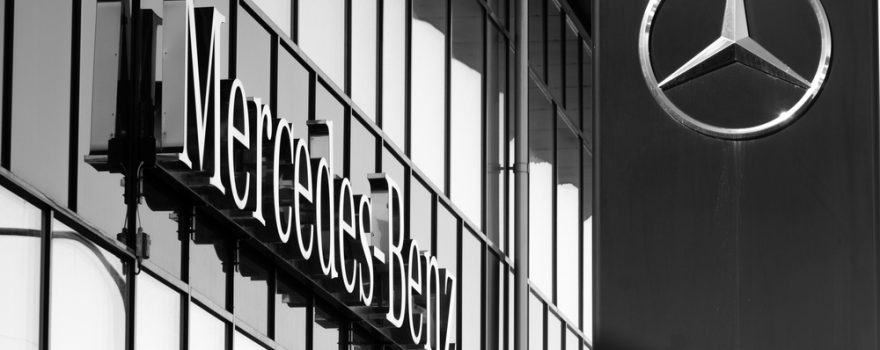
Mercedes-Benz announced on Thursday that it is deviating from its ambitious plan to exclusively sell electric cars by 2030. This shift signals a growing sense of uncertainty within the global auto industry regarding the feasibility of an all-electric future, sparked by a recent deceleration in sales growth.
Optimism Three Years Ago:
Mercedes-Benz had been notably optimistic just three years ago when it declared its commitment to plug-in powertrains and a complete transition to electric vehicles by 2030. The initial vision included abandoning traditional gasoline-powered cars, albeit with a caveat that the shift would happen “where the market will allow it.”
Reality Check in Q4 Earnings Report:
However, the market’s response appears to have prompted a reassessment. In the recently released fourth-quarter earnings report, the company acknowledged a shift in projections. Mercedes now anticipates that only 50 percent of its sales will be all-electric, a significant departure from its earlier, more optimistic forecasts. The revised strategy indicates that gas and hybrid vehicles will continue to be integral to the company’s product lineup for the foreseeable future.
Customer-Centric Approach:
Mercedes emphasized that the pace of transformation will be determined by customer preferences and market conditions. The company aims to cater to diverse customer needs, offering both all-electric powertrains and electrified internal combustion engines throughout the 2030s.
Caution in Europe:
Even in Europe, where electric vehicle sales have been outpacing North America, Mercedes does not foresee a rapid shift to exclusive electric vehicle sales. CEO Ola Kallenius expressed, “It’s not going to be 100 percent in 2030, obviously… from the whole European market, but probably from the Mercedes side as well.”
Industry Caution and Reflection:
Kallenius’s statements echo a broader sentiment of caution within the automotive industry. Tesla CEO Elon Musk has already warned of an impending slowdown in sales growth for 2024. Other EV-focused companies, including Rivian and Lucid, have indicated that their production will remain stagnant this year. Established automakers such as GM and Ford have adjusted plans by postponing plant construction or canceling certain models.
Market Dynamics and Consumer Behavior:
While electric vehicle sales accounted for nearly 8 percent of total U.S. sales and 13 percent in Europe last year, buyers are becoming increasingly discerning about price and have voiced concerns about charging times and reliability. In contrast, hybrid vehicle sales are on the rise as consumers recognize the benefits of hedging their bets while waiting for charging infrastructure to mature.
This announcement from Mercedes-Benz reflects not only a change in strategy for the company but also underscores the challenges and uncertainties the entire auto industry faces in navigating the evolving landscape of electric and hybrid vehicles.
Source: The Verge
